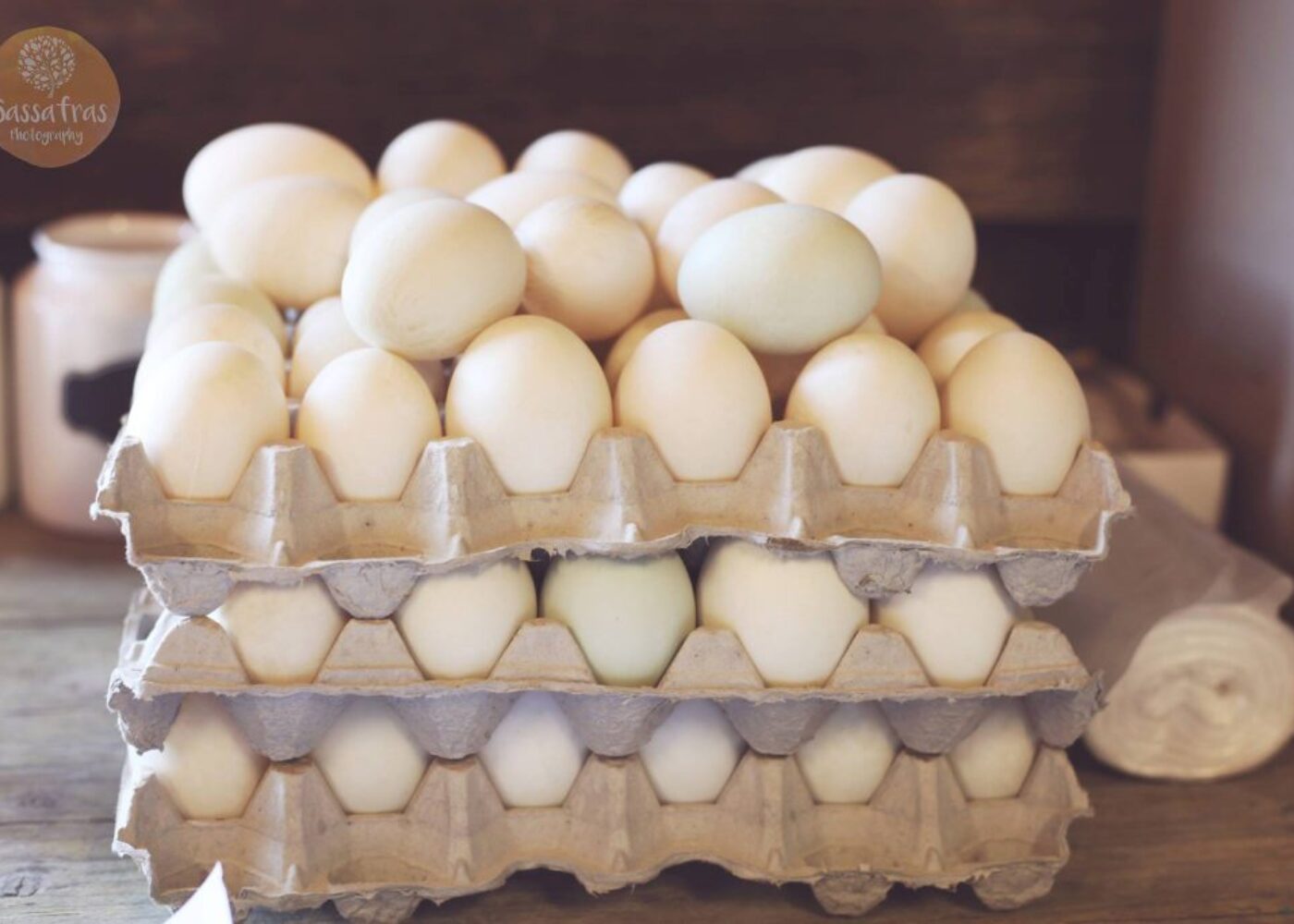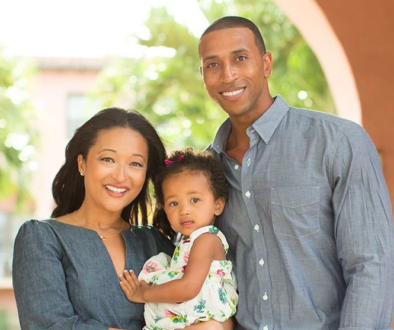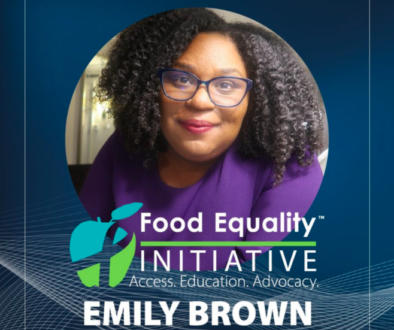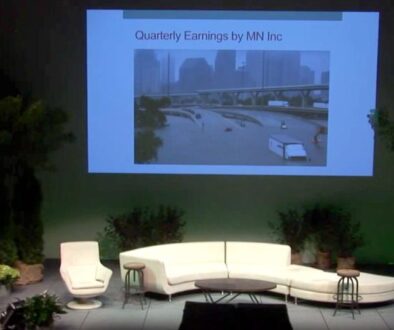Food Allergies and the Baby We Almost Didn’t Have

Our youngest turn 11 today. I can’t think about it without my eyes watering, as she so completely changed our lives.
We’d had three kids in less than three years, and we were wrecked. We’d always talked about having four children, but at that point, it seemed unfathomable.
So we waited. A few years later, our youngest child arrived. I remember the night before she was born. We had pork chops for dinner. There was a Texas beer called Shiner Bock in the fridge.
But nothing could have prepared us for how that child would change our lives. Just before her first birthday, she had an allergic reaction that changed everything.
We aren’t the first parents to have this happen, and unfortunately, we won’t be the last. A life threatening allergic reaction to a food now sends someone to the emergency room once every six minutes in the U.S. EpiPen is now a $1 billion brand. Classrooms, preschools, playgrounds, Sunday schools, families and holidays are forever changed. The number of Americans with peanut allergy has more than quadrupled since 1997. And it’s not getting any better.
But there is a silver lining, and I think it is a big one: Food allergies force you to #rethinkfood. They move you away from processed foods which can often have hidden ingredients, and they move you towards a simpler way of eating. They break your dependencies on fast food, and they teach you how to create a food independence, to grow your own, to learn to cook.
A few years after our fourth child’s diagnosis, one of the older children turned to me and said, “Mom, her food allergies were a blessing. They helped all of us eat better.” And she was right. We ate better, we had to dump the junk, we ate less processed foods because we were never sure if production had changed. We looked out for her, we looked out for each other, and as we learned about food as a family, we learned that others wanted to learn, too.
None of us can do everything, but all of us can do something.
 And today, doing nothing is no longer an option. 1 in 5 children has eczema, 1 in 10 has asthma, 1 in 13 has food allergies, 1 in 68 has autism and ADHD seems to be everywhere. Together, these conditions are known as the 4As and earned our kids the title of Generation Rx. It’s not OK, not when you add these on top of the escalating rates of pediatric cancer, diabetes and obesity.
And today, doing nothing is no longer an option. 1 in 5 children has eczema, 1 in 10 has asthma, 1 in 13 has food allergies, 1 in 68 has autism and ADHD seems to be everywhere. Together, these conditions are known as the 4As and earned our kids the title of Generation Rx. It’s not OK, not when you add these on top of the escalating rates of pediatric cancer, diabetes and obesity.
I could not turn my back on this. I could not unlearn what I learned about our food system, about the double standard and how we allow ingredients into our foods like artificial growth hormones (rbGH), artificial dyes, additives and genetically modified ingredients (GMOs) that other countries do not allow. I could not turn my back.
Genetics don’t change this quickly, but in the last twenty years, our food has. Correlation is not causation, but a correlation of this magnitude merits investigation and precaution. Labels matter. Labels on allergens, on sugar, on fat and on GMOs.
Our children are not a science experiment. American families can not take personal responsibility for their health if they are not informed about what is in their food or how it is made. It is a fundamental freedom that exists around the world, enjoyed by all of our key trading partners. But here in the United States, that freedom is not ours because it is one that is lobbied against by the agrochemical industry, the chemical companies making these GMOs and the ones selling the weedkiller that the World Health Organization declared a “probable carcinogen.”
Why?
Look around. How many people do you know with cancer? It’s expected to impact 1 in 2 men in the U.S. and 1 in 3 women. Cancer is the leading cause of death by disease in American children. It took 50 years for #tobaccoscience to be exposed, we can’t afford to wait that long.
Americans deserve to know how their food is made. We know if milk is pasteurized and if orange juice comes from concentrate. We should know if our food has been genetically engineered to withstand additional applications of weedkillers like Roundup.
Anything else is un-American. It is not the American way. It is not how we protect the health of our country, our families and our economy.
And this is not the way that it will always be. In the last ten years, since our youngest child’s allergic reaction, I learned what it means to be brave. I learned how to lead and I learned how to ask why. Why are so many American so sick? Why do we spend more on healthcare and disease management than any other country on the planet? And what can we do to protect our health?
We’ve come together, with teams of scientists, farmers and pediatric specialists. We have stood up for our rights, our children, our health, our families. We have stood up for our country. And every time that we do, we inspire someone beside us to do the same.
Courage is so contagious.
And love is a rocket fuel. Look into the eyes of your children, your parents, someone you love, and know that 30 years from now, when they ask what we did to create change when we learned our food system was so full of so much artificial junk, we will be able to say: We fixed it.
We fixed it as families, parents inside of big food companies and entrepreneurs starting new ones, and we did it as Americans to protect ourselves, our economy and our standing in the global marketplace.
So let’s #dumpthejunk and change the name of this generation of kids from Generation Rx to Generation Strong.
The legacy is ours to create.





